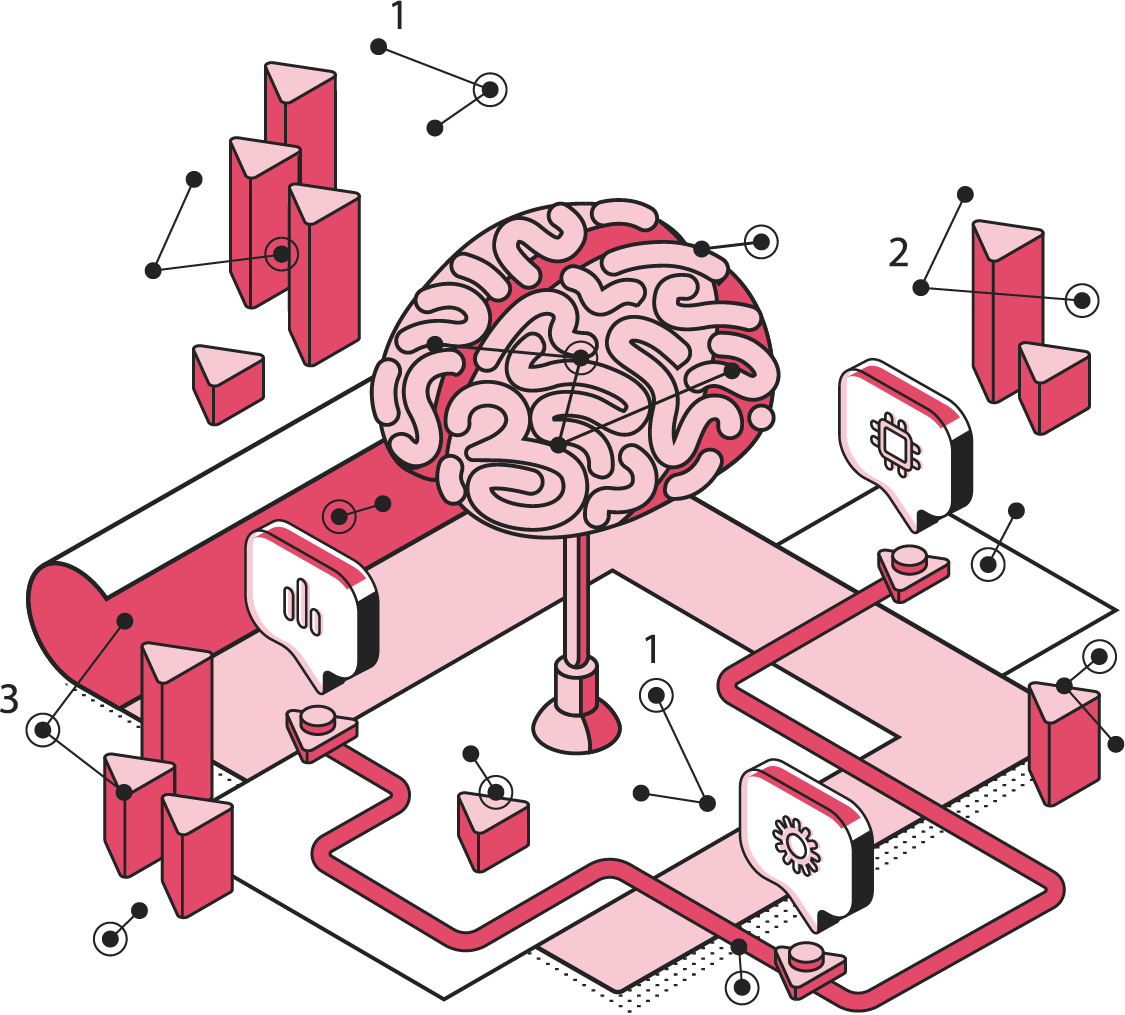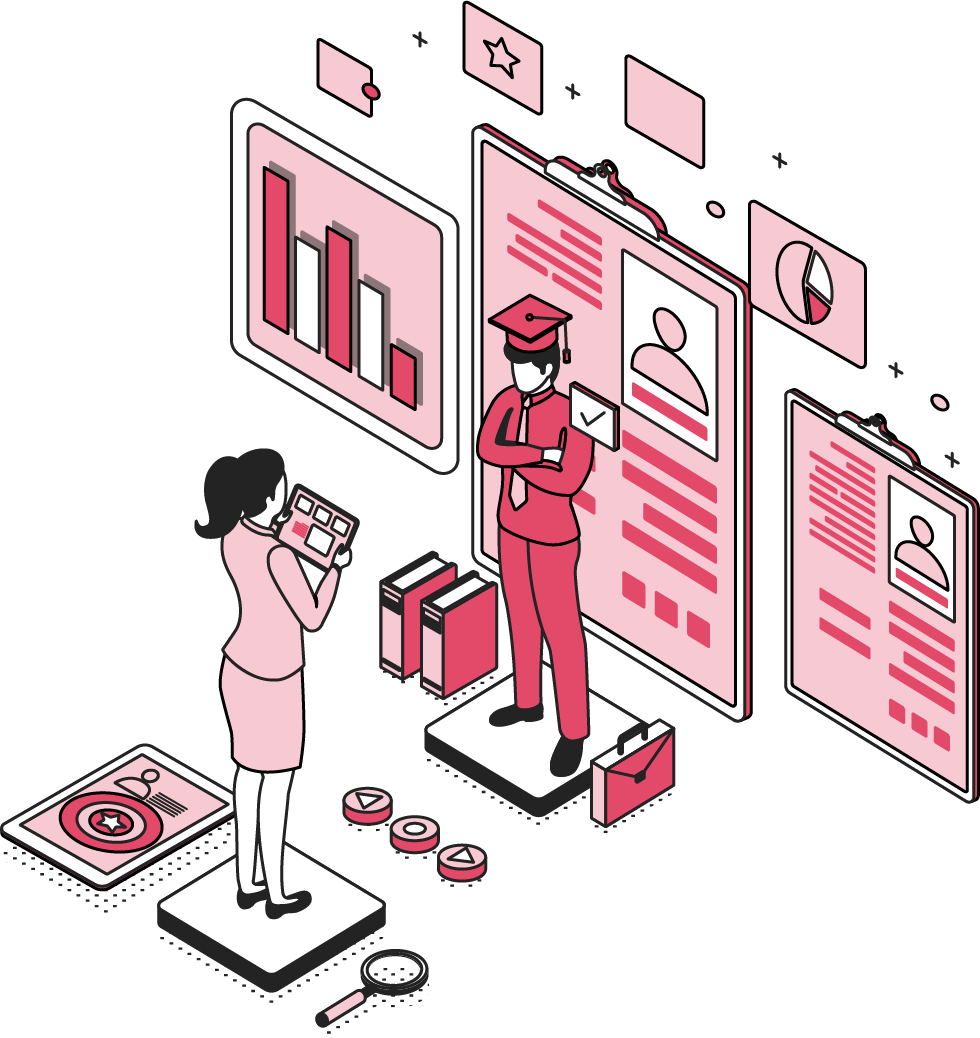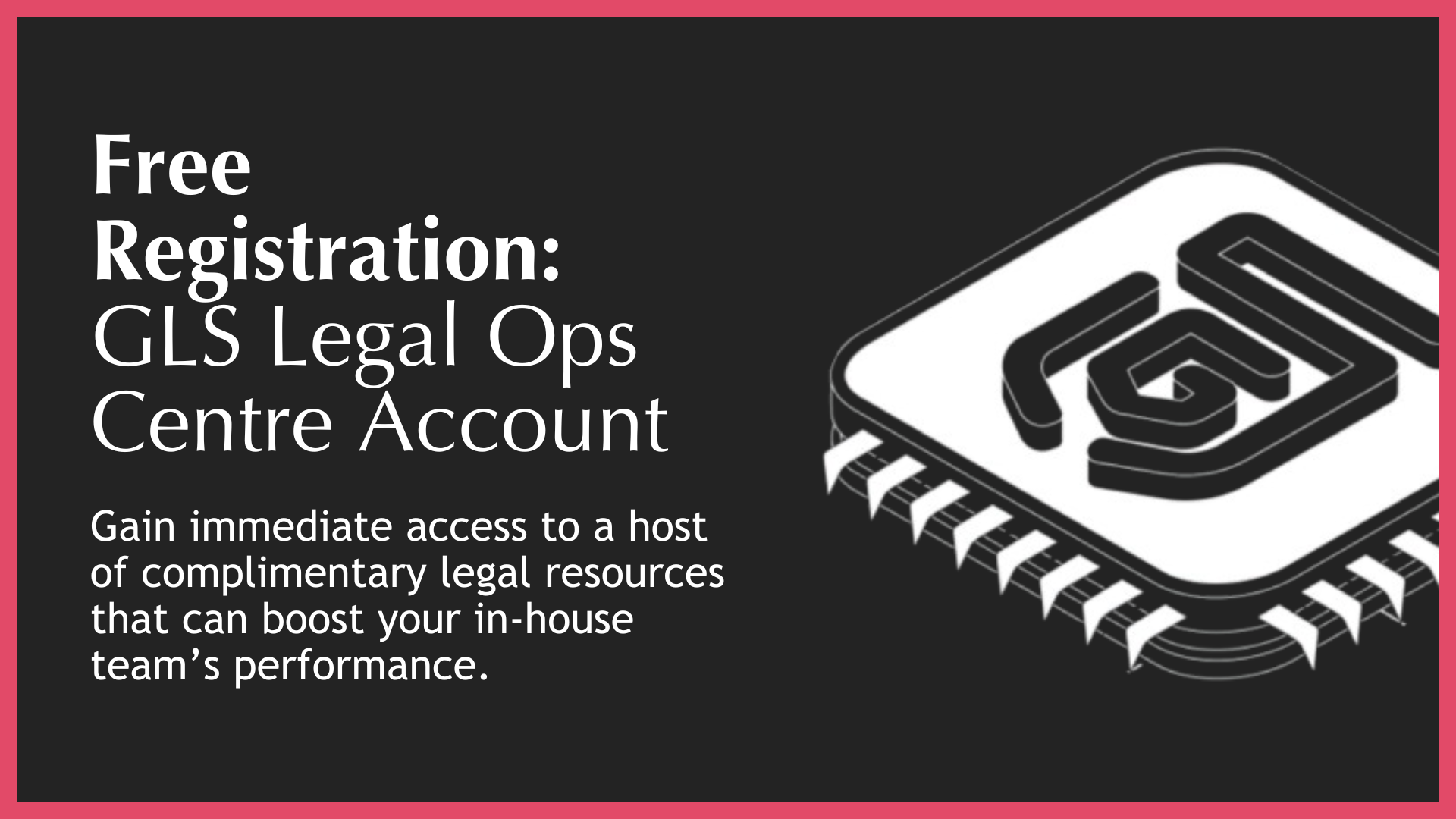Back
AI vs Legal Code of Conduct
4 min • 03 Jul 24

Introduction
A recent study conducted by ContractPodAi found that as of January 2024, more than half of in-house legal professionals (51%) report that their company's leadership has encouraged them to use generative AI tools, and more than a third (35%) report that they are required to use such tools.
This pressure has occurred in a context where there has been an explosion in the proliferation of AI based tools that are available to in-house legal teams (see our article Artificial Intelligence Tools for In-House Lawyers).
As legal professionals, we must be conscious that when using AI tools (or indeed any new technology) we are still obliged to maintain certain professional standards.
So this article provides some helpful reminders and guidelines for those lawyers that are keen to use AI, but equally keen to maintain high standards of professional conduct.
Reminder About Legal Code of Conduct Obligations
Each jurisdiction’s legal regulatory body has its own distinct suite of conduct obligations, but for the purposes of this article we will focus on 4 conduct rules/themes that both:
1. Apply to the adoption of AI tools; and
2. Which apply, to a greater of lesser extent, across almost all jurisdictions.
Specifically, almost all regulators require their solicitors to ensure that their legal practices comply with the following:
◾️Duty of Technical Competence: lawyers are obliged to stay up to date with tech developments that may impact the practice of law.
◾️Duty to Open Communication: lawyers are obliged to be transparent with their clients.
◾️Duty of Confidentiality: confidentiality is a key concern of lawyers in all jurisdictions.
◾️Duty to Supervise Non-Lawyers: lawyers cannot outsource their work to non-lawyers.
Codes of Conduct vs AI Practices
So how might these compliance obligations apply to professional lawyers and the adoption of AI tools?
As GLS we would respectfully suggest that:
1. Duty of Technical Competence:
As an in-house lawyer you should be committed to continuous learning and development. This includes staying up-to-date with the AI tools available to you and the strategies for how to incorporate those tools into the day-to-day operations of your legal department. If you would like to learn more about the tools that are available to you, please see our blog: AI Tools In-House Lawyers
2. Duty to Open Communication:
Increasingly legal academics are interpreting this conduct rule as an obligation on lawyers to inform their clients if/when they are using AI to assist with provision of their services. We would agree with this interpretation and recommend that in-house legal teams include a “disclosure statement” along these lines into their Legal Dept Service Charters. Further, you might consider demanding that your external legal counsel providers provide explanatory notes about their use of AI tools prior to each new project commencing. It will be up to you to consider carefully whether the us of AI is appropriate for your project (see Confidentiality below), and agree “terms of use” with your counsel. “Best practice” would be for you to update your Guidelines for External Legal Counsel to clearly set out your expectations and requirements for AI use by your external counsel.
3. Duty of Confidentiality:
The proliferation of AI tools has led to a marked increase in unintentional disclosures of confidential information by legal teams (and indeed by all business units!). As a responsible in-house lawyer, you must ensure that all units within your business, know that proprietary information should never be pasted into public AI systems like ChatGPT. Ideally, budget permitting, your business will have its own on-premises ChatGPT, implemented with all requisite restrictions and contract rights of recourse against OpenAi (or your applicable AI service provider). If your business is to implement an onsite system, ensure that it considers:
a) Whether AI (including its infrastructure) is secure by design;
b) What vulnerabilities it might have that could lead to possible data exposure or harmful outputs;
c) What measures can be put in place to ensure correct authentication and authorization; and
d) How to appropriately log and monitor usage.
4. Duty to Supervise Non-Lawyers:
This obligation includes “supervising” non-lawyers that happen to be Large Language Model applications. As a professional, human lawyers you are responsible for, and must stay involved in the production of your legal work. You risk failing in this obligation if you excessively defer to an AI system's generated outputs. This risk is particularly acute risk as the coding of most AI systems is so complex that it can be effectively impossible for a human user to ascertain the basis upon which the system’s outputs were generated. So you MUST ensure that you use AI as a tool to help you perform better, faster, cheaper, but you NOT allow AI tools to replace your professional judgement.
Conclusion
Like all business units, in-house legal departments are feeling the pressure to showcase proven value whilst controlling their costs. AI is, in a myriad of ways, proving to be an incredibly useful tool to assist this mission.
However, AI must be used cautiously and with conscientious consideration of your professional obligations as a lawyer.
The good news is, that law firms and legal departments that are actively using such technology appear to not only be getting increasingly familiar with the tools themselves, but are also getting comfortable with the limitations of such tools / are understanding that such tools remain as “tools” to be used by the legal team, not that as replacements of the legal team (See UK SRA Report: AI on the Workplace).
Ready To Transform Your Legal Team?
Please check out the GLS solutions and know-how resources listed on the right side of this page – they might assist your legal team with the issues explored in this Blog.
© The GLS Group - Law Rewritten

The GLS Legal Operations Centre
Register to access your complimentary Day 1 Resource Stack packed with legal team performance resources.

GLS Ultimate Guide To Legal Operations
Download this and read it thoroughly and regularly. It is a wonderful transformation companion.
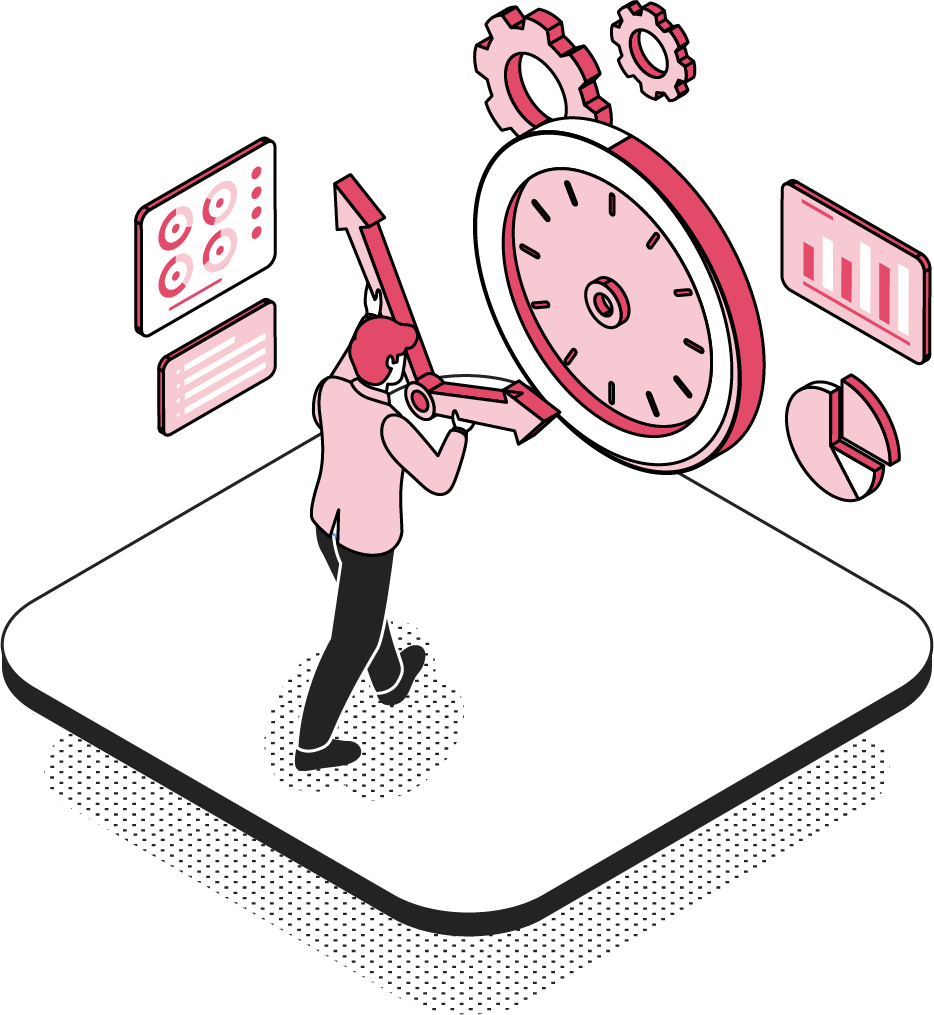
Book A No-Obligation Consultation
If you would like discuss your legal transformation needs, please book a 30 minute free consultation with us.
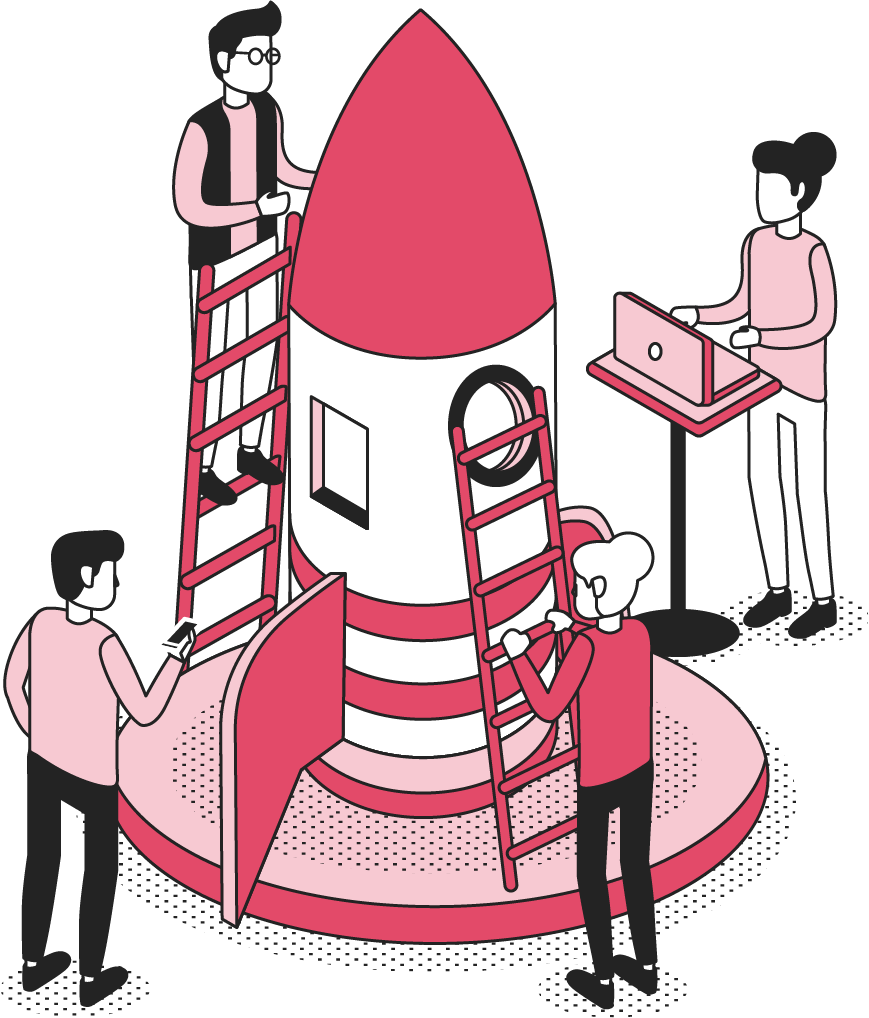
GLS Legal Transformation Boot Camp
Our hugely successful, 10-week long, email-based boot camp on how to effectively transform your legal team.
